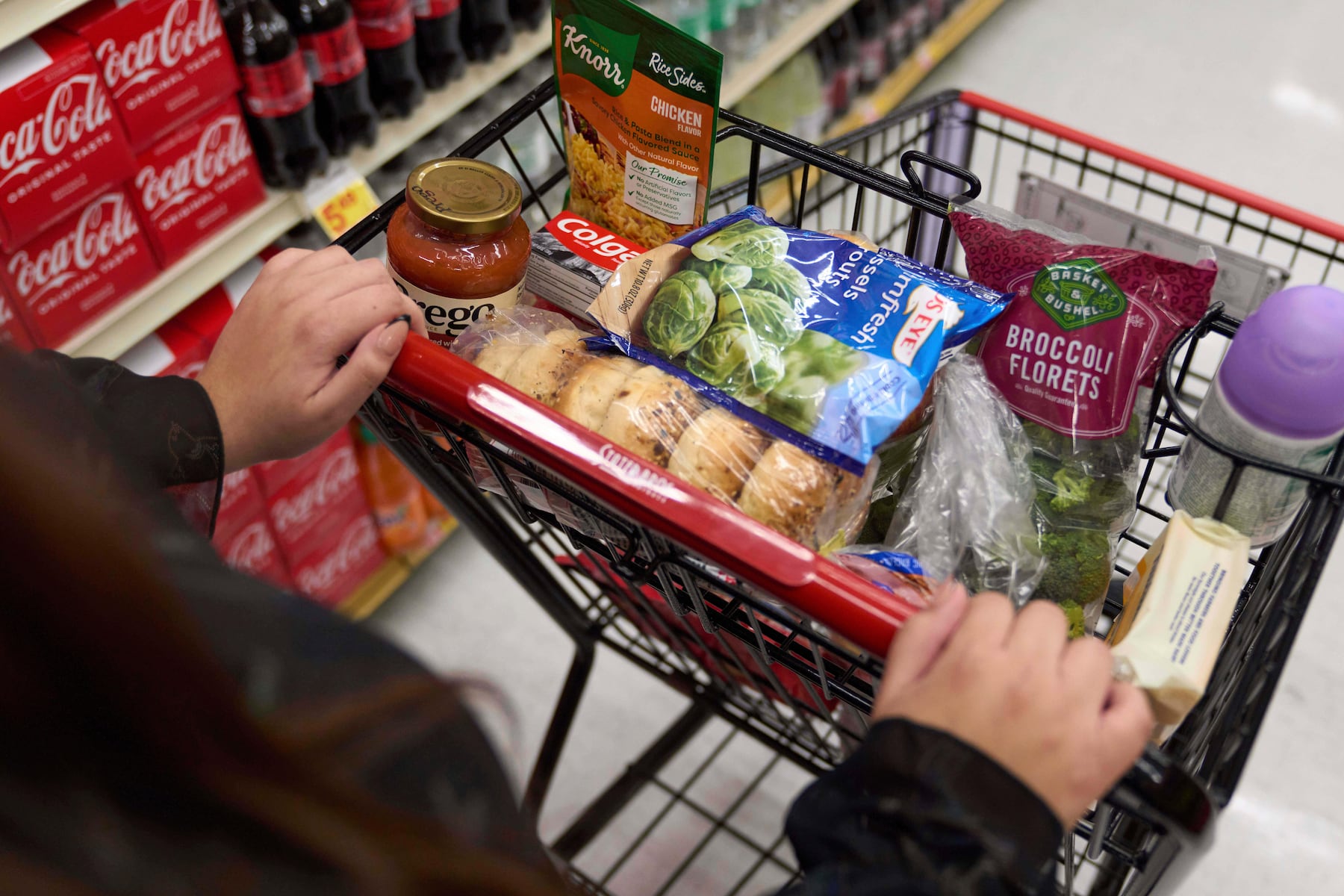Health
New Jersey Faces Food Assistance Crisis Amid Federal Shutdown

The ongoing federal government shutdown poses a significant threat to food assistance programs in New Jersey, potentially affecting nearly a million residents. The state’s Department of Health has raised alarms regarding disruptions to the Supplemental Nutrition Assistance Program (SNAP) and the Special Supplemental Nutrition Program for Women, Infants and Children (WIC) if the impasse continues into November.
According to Jeff Brown, acting commissioner of the New Jersey Department of Health, the shutdown has now entered its 19th day, and the uncertainty surrounding federal funding is deeply concerning. In a press release, Brown emphasized that “this could make it harder for families across New Jersey to buy the food they need.” He noted that local partners who provide essential food services are experiencing heightened stress due to the situation.
As the shutdown persists, an alert on the New Jersey SNAP website indicates that benefits may not be processed on time. “It is unclear if SNAP benefits loaded on your Families First EBT card prior to October 31, 2025 will be able to be used after November 1, 2025,” the alert states, raising concerns for many families relying on this critical support.
The potential impact of the shutdown is not limited to New Jersey. Earlier this week, Brooke Rollins, Secretary of the U.S. Department of Agriculture, announced that SNAP might run out of funds in approximately two weeks, putting around 42 million Americans at risk of losing their benefits. Rollins highlighted the gravity of the situation, stating, “You’re talking about millions and millions of vulnerable families, of hungry families, that are not going to have access to these programs because of this shutdown.”
More than 800,000 residents in New Jersey rely on SNAP each month, which is funded by the U.S. Department of Agriculture and administered by the New Jersey Department of Human Services. In addition, approximately 165,000 women and children up to five years old depend on the WIC program for nutritious food and breastfeeding education.
Brown expressed concern that the fiscal year 2026 funds for these benefits have yet to be appropriated. This delay coincides with recent changes to SNAP benefits resulting from President Donald Trump’s tax bill passed earlier this summer. A preliminary analysis indicated that over 22 million households, including 400,000 in New Jersey, could face reductions or complete loss of their benefits.
The New Jersey Department of Health’s warnings underscore the urgent need for action. It remains uncertain whether the Trump administration will intervene to secure funding for SNAP benefits. Earlier this month, White House Press Secretary Karoline Leavitt indicated that $300 million in tariff revenue would be allocated to the WIC program.
For residents seeking more information, the New Jersey SNAP website, NJSNAP.gov, and the social media platforms of the New Jersey Department of Human Services provide updates. Additionally, those interested in WIC can find notices at NJ.gov/health and through the Department of Health’s social media channels.
As the shutdown continues without resolution, the potential consequences for food assistance programs in New Jersey and beyond highlight the pressing need for a return to normal funding levels to support vulnerable families.
-

 Science2 months ago
Science2 months agoInventor Achieves Breakthrough with 2 Billion FPS Laser Video
-

 Health2 months ago
Health2 months agoCommunity Unites for 7th Annual Into the Light Walk for Mental Health
-

 Top Stories2 months ago
Top Stories2 months agoCharlie Sheen’s New Romance: ‘Glowing’ with Younger Partner
-

 Entertainment2 months ago
Entertainment2 months agoDua Lipa Aces GCSE Spanish, Sparks Super Bowl Buzz with Fans
-

 Health2 months ago
Health2 months agoCurium Group, PeptiDream, and PDRadiopharma Launch Key Cancer Trial
-

 Top Stories2 months ago
Top Stories2 months agoFormer Mozilla CMO Launches AI-Driven Cannabis Cocktail Brand Fast
-

 Entertainment2 months ago
Entertainment2 months agoMother Fights to Reunite with Children After Kidnapping in New Drama
-

 World2 months ago
World2 months agoIsrael Reopens Rafah Crossing After Hostage Remains Returned
-

 World2 months ago
World2 months agoR&B Icon D’Angelo Dies at 51, Leaving Lasting Legacy
-

 Business2 months ago
Business2 months agoTyler Technologies Set to Reveal Q3 Earnings on October 22
-

 Health2 months ago
Health2 months agoYouTube Launches New Mental Health Tools for Teen Users
-

 Health2 months ago
Health2 months agoNorth Carolina’s Biotech Boom: Billions in New Investments









